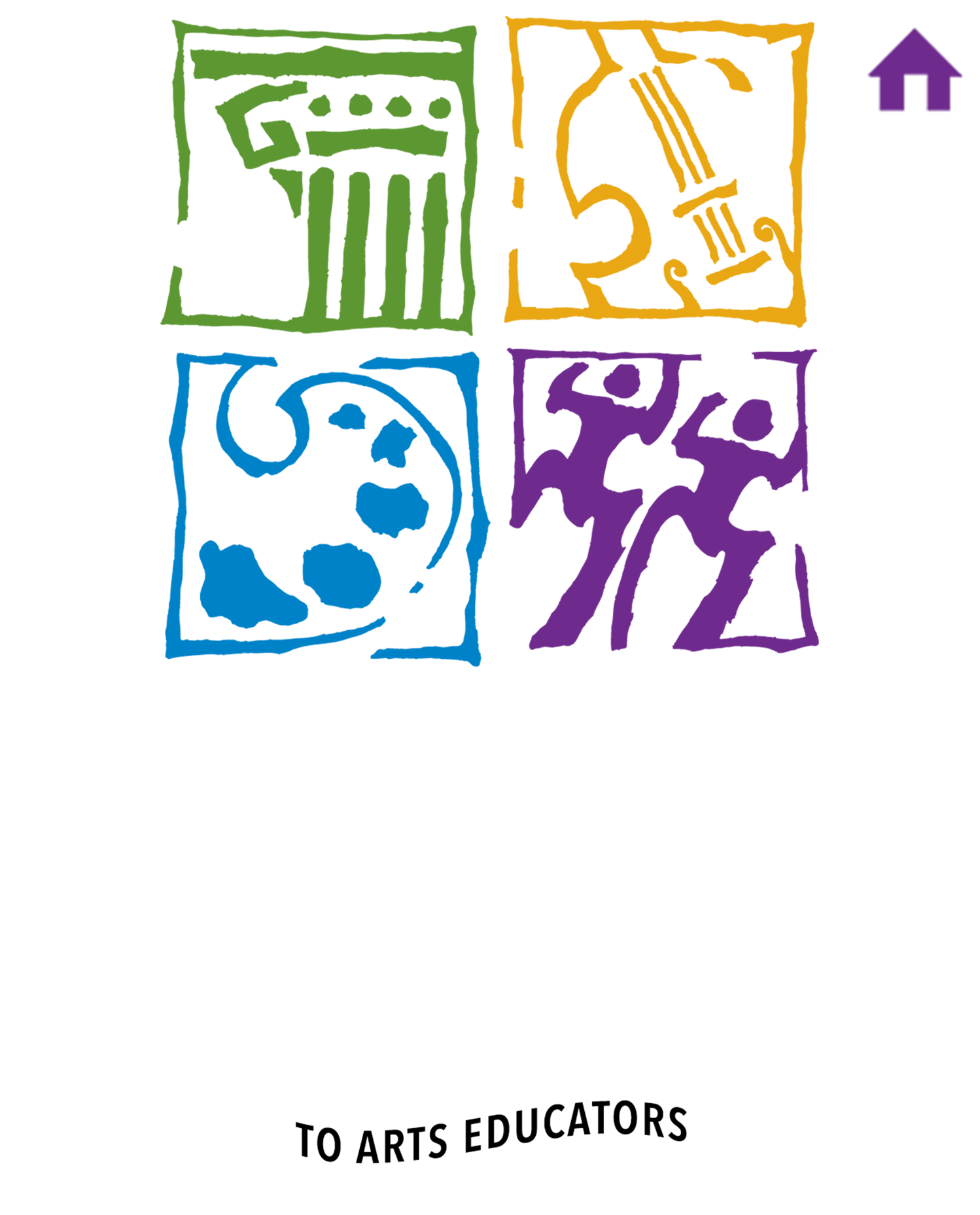

Alan Hawkins is an improviser, educator, and author with more than twenty years of experience in teaching and directing. He has trained at many of the nation’s leading improv institutions, including the Second City Conservatory and Musical Conservatory in Los Angeles, the iO West program, the Chicago ComedySportz Training Center, and the Annoyance Theatre. Since 2004 he has taught improv and theatre, developed curriculum for high school instruction, and served as a teacher and director at the Chicago Teen Comedy Fest. Hawkins is an ensemble member and instructor at Unexpected Productions in Seattle, where he teaches improvisation, including his signature “Improvising in the Style of Shakespeare” workshop series. He is the author of You Can’t Learn Improv From a Book, a resource designed to help drama teachers introduce and strengthen student improvisation. Hawkins’s teaching emphasizes emotional honesty, active listening, and expressive storytelling, assisting educators to empower students to create bold, connected, and imaginative work.
Participants will explore how movement, physical intention, and imaginative object work can enhance creative expression across the arts. This concentrated session will demonstrate how physical choices shape meaning, define environment, and deepen emotional connection. Educators from any discipline will leave with adaptable tools that support spatial awareness, creative exploration, and embodied storytelling in the classroom.

Jonathan Jones serves as a program administrator for the Program in Educational Theatre at New York University Steinhardt. He has taught courses there in theatre education, pedagogy, assessment, and theatre history, and was awarded the Steinhardt Teaching Excellence Award. He also teaches courses in public speaking and theatre history at the City University of New York. Jones, who received his PhD from New York University, was previously a theatre and English teacher at North Hollywood High School in Los Angeles, where he was honored with the Inspirational Educator Award by Universal Studios. Jones has given presentations on theatre education, research, creativity, and pedagogy in Canada, China, Iraq, the United Kingdom, and the United States. He serves as chair of the board for the American Alliance for Theatre & Education (AATE) and as editor for ArtsPraxis. His book, Assessment in the Drama Classroom: A Culturally Responsive and Student-Centered Approach, was published by Routledge Press in 2024 and awarded the 2025 AATE Distinguished Book Award.
In this interactive workshop, Jonathan Jones will demonstrate how to turn a poem into a theatrical experience for participants using context clues, inference, improvisation, and sequencing.


